Avoiding Injury in the Dangerous World of Web Development
Last year I started having some problems with my hands and wrists. At first I had some tightness and cramping in my hands if I worked on the computer for an extended period of time. Then I started getting some tightness and cramping further up my arms. And, finally, I started to get some pain and fatigue from my hands to my elbows. You can probably guess where this is going. 😔
I can tell you ahead of time that, fortunately, I don’t have carpal tunnel syndrome. But all of this started last summer and it’s still affecting my ability to work on the computer, so I figured I would write a bit about my experiences and encourage people to take the necessary steps to make their work setup as ergonomic as possible. And please see a doctor if you’re having some pain or discomfort — you don’t want it to get out of hand!
Getting Tested
To get myself tested for carpal tunnel, I first went to a hand and wrist specialist. He took some x-rays to confirm that everything looked okay, and then checked out my arms personally for inflammation and anything out of the ordinary. He tapped in a couple places on my wrists and elbows, which for me led to a tingling sensation. This made him think that I might have carpal tunnel, so he got me set up for some more tests with another doctor and for rehab with an occupational therapist.
The occupational therapist helped me pick some really dorky wrist guards to wear at night to avoid doing any more damage while I sleep. They look like this:
She also helped me do some stretches and did some things to improve blood flow, like hook me up to a machine that ran electric current through my hands (unfortunately this was the less intense brush with electricity in this story — the electric acupuncture comes later).
An Ergonomic Workstation
The occupational therapist also did an ergonomic consultation with me to help ensure that my desk was set up properly. The main points were:
- feet flat on the floor, with knees bent at a 90 degree angle
- computer monitor at eye level (to stop you from looking down and putting strain on your neck)
- no arm wrests on the desk chair
- arms should be at a 90 degree angle
- your hands/wrists should not be wresting on anything while using the keyboard/mouse
These points will give you something like this:
To make things even more ergonomic, there are some options for keyboards/mice. A split keyboard will allow you to keep your wrists coming in at a more natural angle. This is the one I’m using:
The retail price is crazy high, but I found it for much cheaper on eBay. I had no idea before I started looking into keyboards, but there is a fanatical community behind keyboards with mechanical switches. Worth checking out if you like geeking out on things like this. 🤓
In addition to a split keyboard, you can get a “vertical” mouse. This type of mouse is rotated so that your hand wrests on it in a more upright position. Here’s the one that was recommended to me:
I found this mouse to be comfortable, but it put a little pressure on the inside of my wrist (where I was already having some pain) so I opted for a different one.
I tried a ton of different options, including this crazy thing called the RollerMouse:
But I ended up settling on the Logitech MX Master 2S. It’s the only mouse that had enough support for my thumb.
Once I set up my desk in a more ergonomic way, my pain and fatigue got a little bit better. But it has also taken several months of physical therapy coupled with stretches and exercises at home to make more noticeable improvements. Make sure you see a doctor if you’re having any pain/fatigue to avoid having to go through this too!
Electric Acupuncture
The weirdest experience so far from all of this was the carpal tunnel syndrome test to check for nerve damage. There were two components — for the first one, they literally shocked me on different parts of my arms to see my muscular response. They would shock a part of my forearm and it would cause my whole arm to snap in one direction or another. It was definitely a very strange experience.
For the second part of the test, they put little acupuncture needles into my arms and shoulders and then asked me to move my hand or arm. The needles were attached to a machine that measured my nerve response. As someone who hates going to the doctor, it goes without saying that none of this was too enjoyable. 😫
Treatment
I’ll explain some of the exercises I’ve been doing here, but keep in mind that I’m not a doctor and you should seek professional advice if you’re having similar problems.
Before I even went to the doctor, I used the stretches from this video and found them helpful:
I’m stretching about 4 times per day now, and using a combination of things to regain strength, including flexing my fingers out with this:
And working on grip strength with this:
I’m also using a 3 pound dumbbell to do wrist curls, reverse wrist curls and a couple other exercises that are hard to explain without pictures.
Lesson Learned
I really wish I had seen a doctor earlier. I let the problem get to the point that it was actually stopping me from working at the computer, which was really dumb. I’m still genuinely worried that it’s going to negatively impact my ability to work as a web developer, but I’m feeling more optimistic that I’ll be able to recover properly. Don’t make the same mistake I did!
Thanks so much for reading! 🙂 If you have some personal experience with any of this stuff, I’d love to hear about it in the comments!

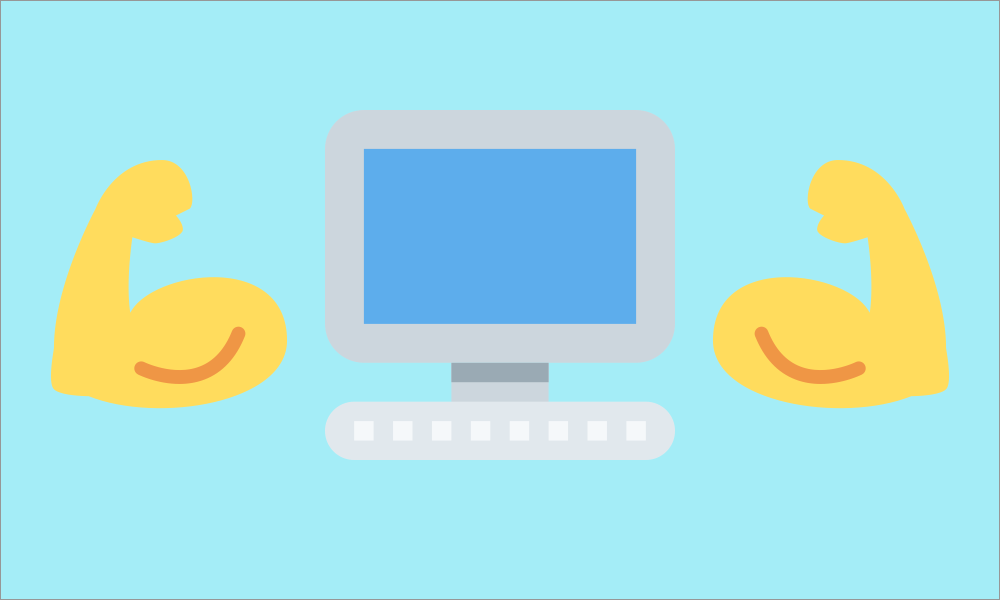
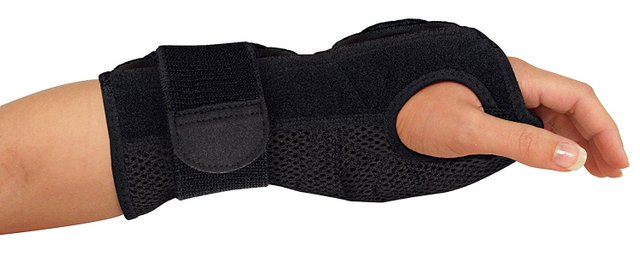
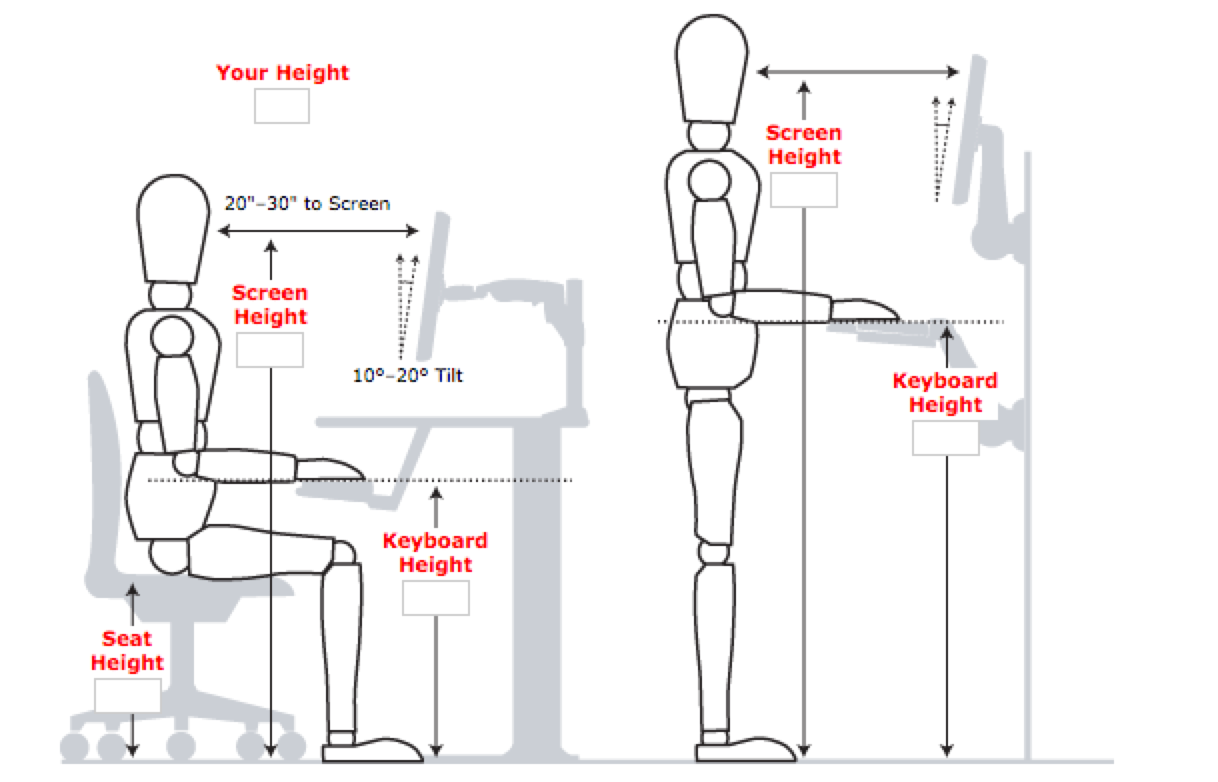
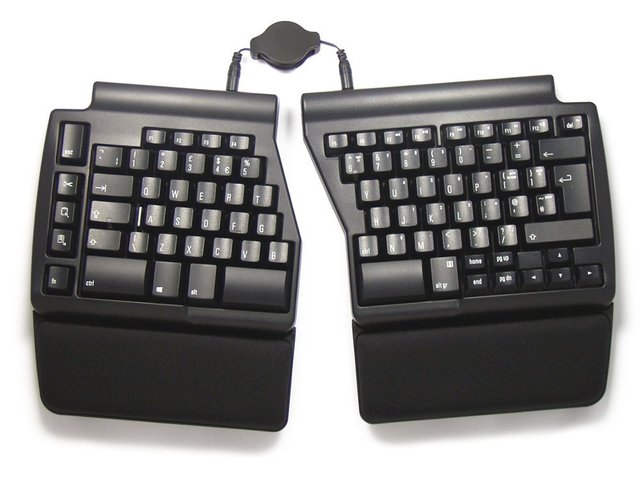
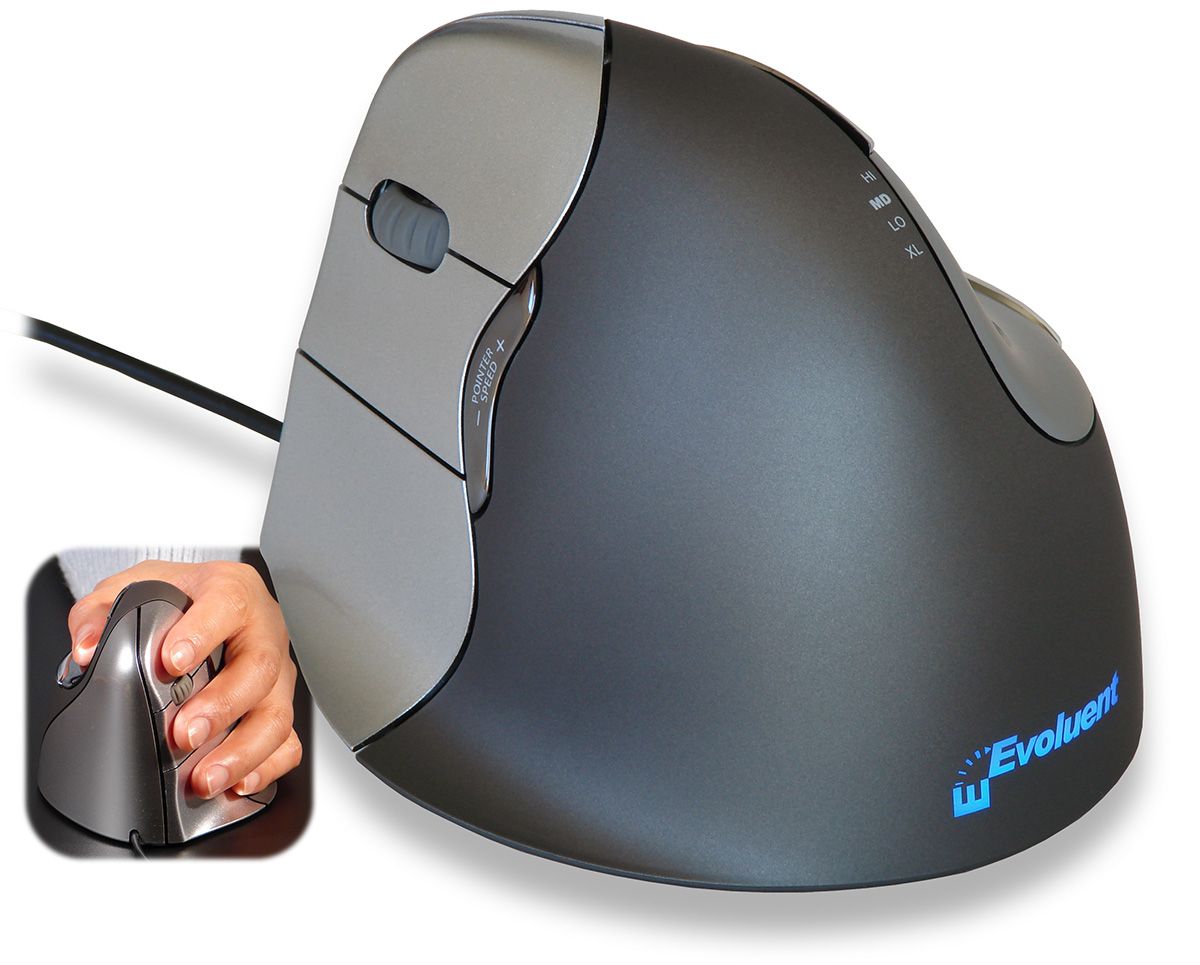
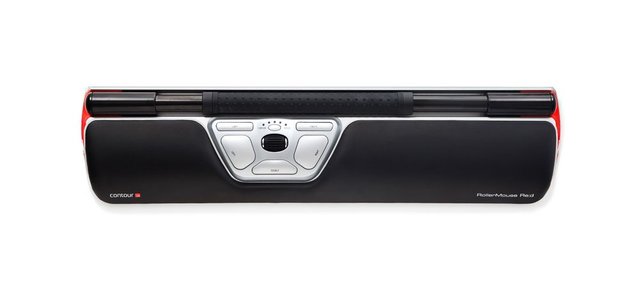
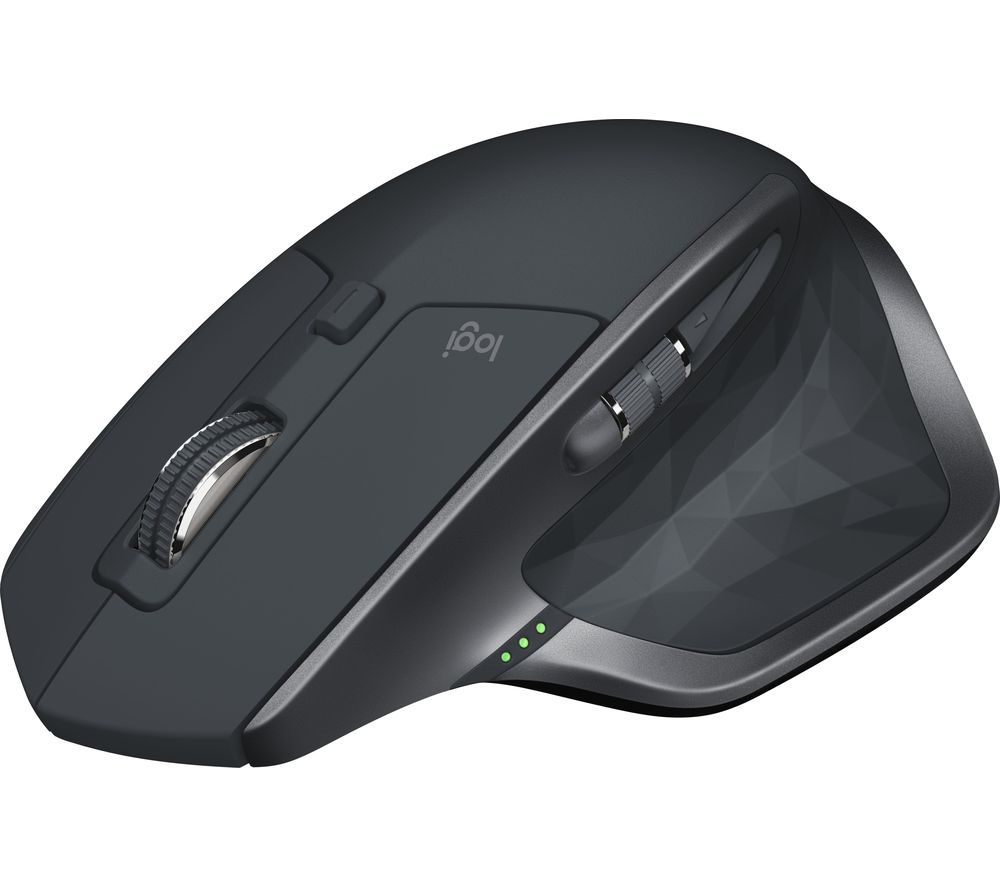
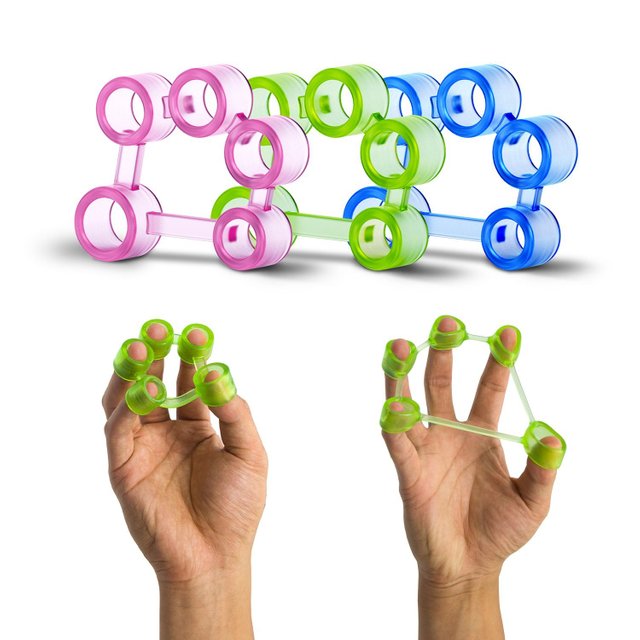
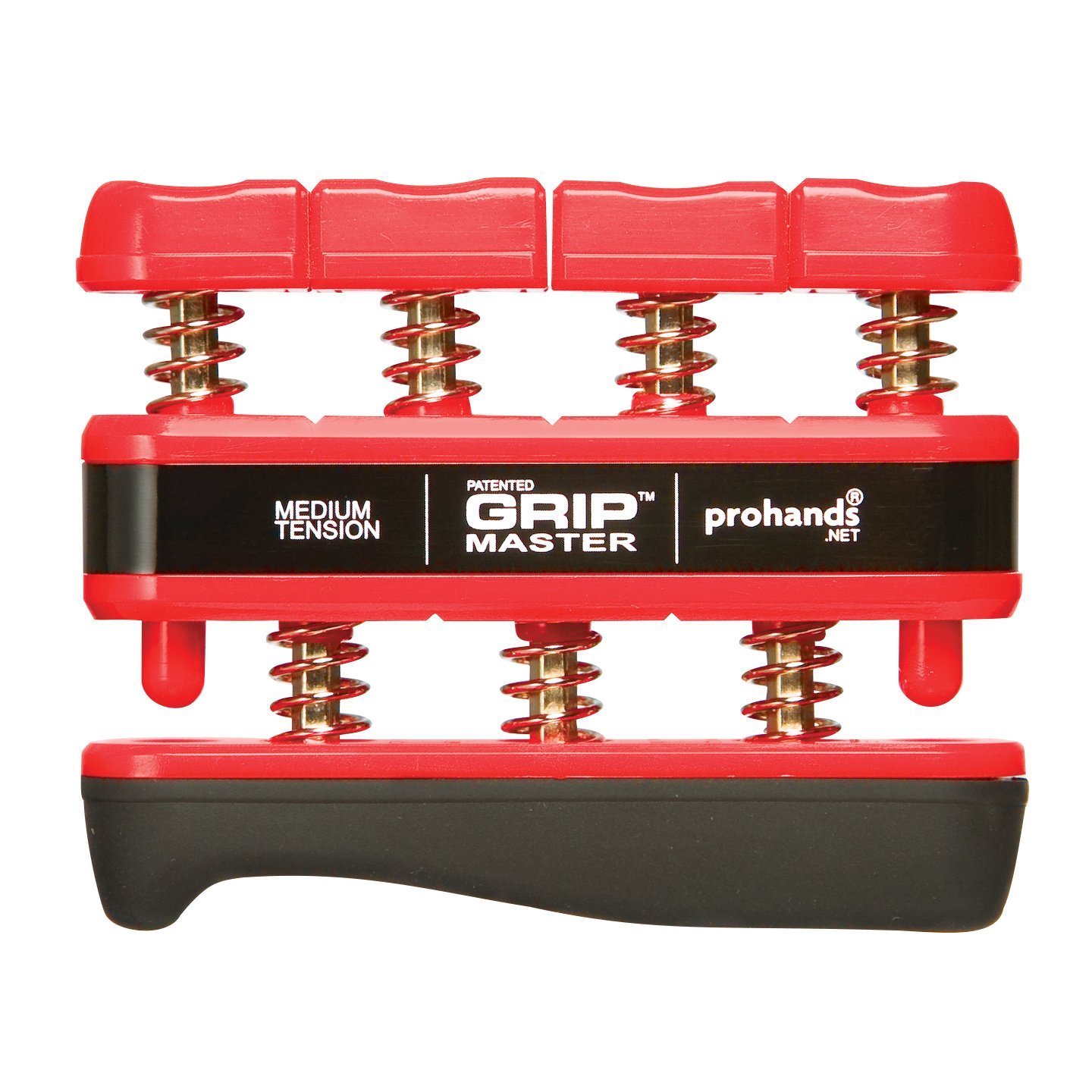
That's very sad news @jeffbernst.
The good part is that you found some ways to get rid of that pain. I like that you feel optimistic and have a plan to recover it soon.
By times everything will be ok. best wishes from me.
Thanks @mslifesteem!
Yeah, I think it will all be okay as long as I don't push myself when my arms aren't feeling great, and I continue to do the stretches and strengthening exercises. 💪